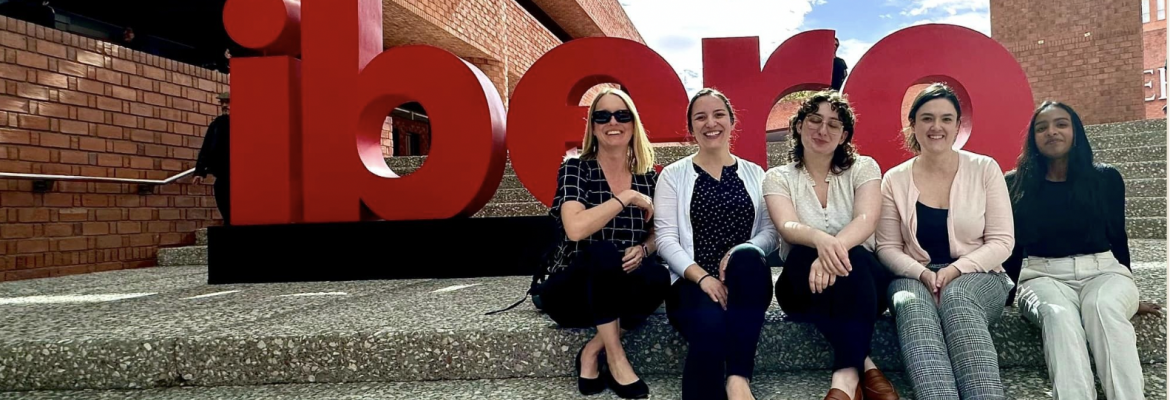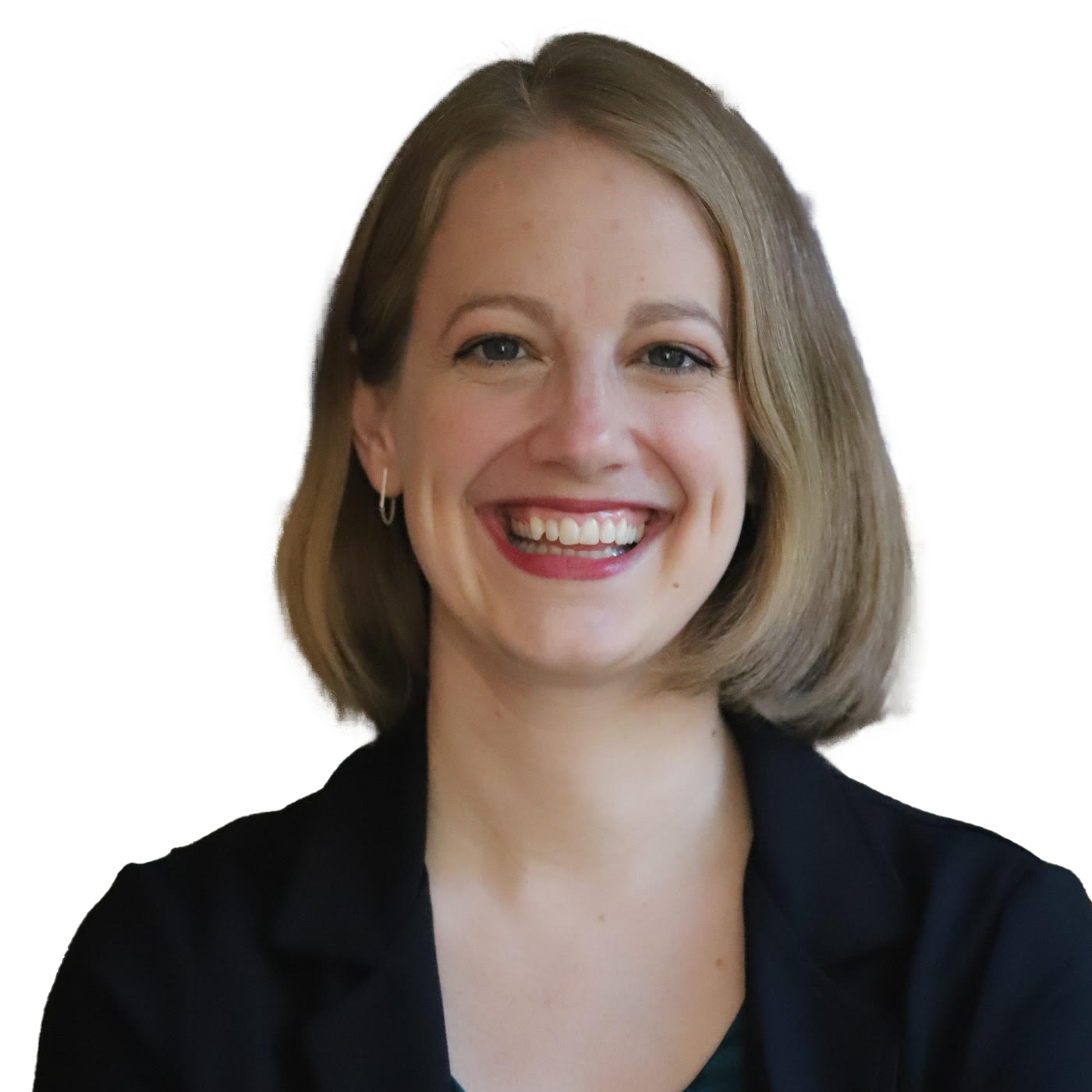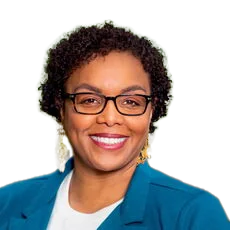Maine Law has always invested in the public good.
Become part of that tradition today.
Training lawyers to advance justice and work for the public good has always been a foundational principle of Maine Law. Whether it’s the 600 plus low-income families helped annually through the Clinics at Maine Law, the essential research produced by faculty, the track-record of so many of our graduates, or the pro-bono work of our current student population, public interest law is a cornerstone of Maine Law.
Certificate in Public Interest and Social Justice
The Certificate in Public Interest and Social Justice Law is a newly added certificate offering at Maine Law. The program is open to all current J.D. students and offers a strong experiential learning component.
Read more about certificate requirements
Law, Social Justice, and the Common Interest (LAW 701) – 3 credits
Contrary to historical depictions of a lone lawyer against a system, addressing matters of public interest and social justice are often accomplished through collaborative and communal efforts. An advocate’s efficacy depends, then, less on individual might and more on harnessing collective power. This course equips students with a broad understanding of foundational theories and concepts that shape how “justice” and “common good” are understood today.
Race, Gender, Sexual Orientation and the Law (LAW 693) -3 credits
Constitutional law in the U.S. (based on both the federal and state constitutions) has played active roles in framing issues related to race, gender, and sexual orientation and legal equality in the last sixty years. The course will examine cultural ideas and constitutional theories that relate to civil rights litigation of various types related to these categories. The course will also analyze critiques of those ideas and theories, and consider alternative viewpoints.
Impact Lawyering (LAW 721) – 3 credits
The purpose of this course is to provide students with a comprehensive overview of the strategies and practical skills necessary to advocate effectively for public policy reform. Students will learn to think beyond litigation and other traditional legal strategies to solve problems and meet societal goals. Students will be required to identify and define a problem that speaks to a pressing systemic racial, economic, or social injustice in the community, which could be addressed through a change in law, regulation, ordinance, or other public policy.
Meet the People
Community Impact
Student Life
Academics is only one part of the law school experience. With a rich offering of student organizations, Maine Law students have the opportunity to enhance their education and experience outside of the classroom. There are a number of student organizations that can supplement and enhance a specialty in this area. Some of these organizations include:






